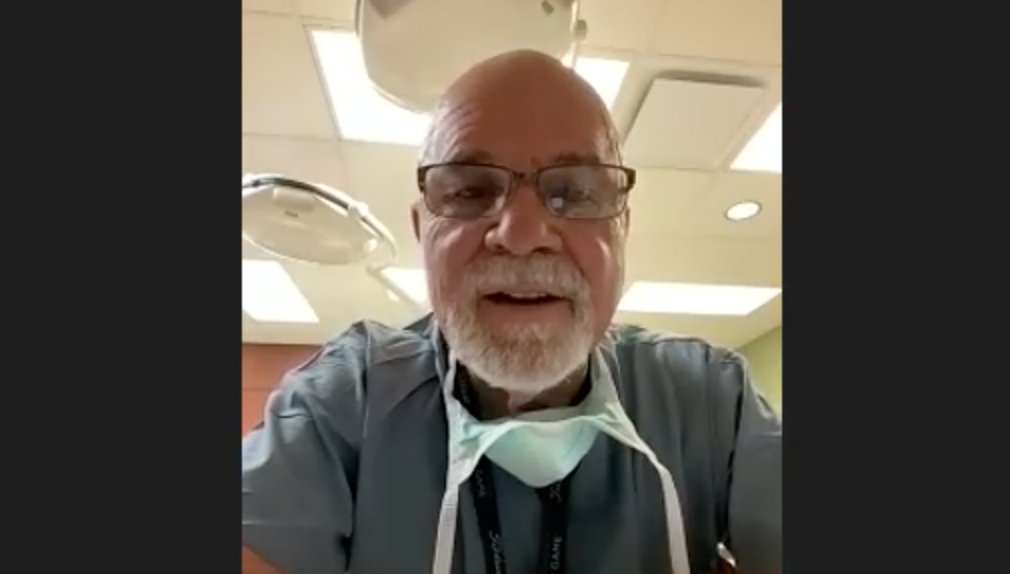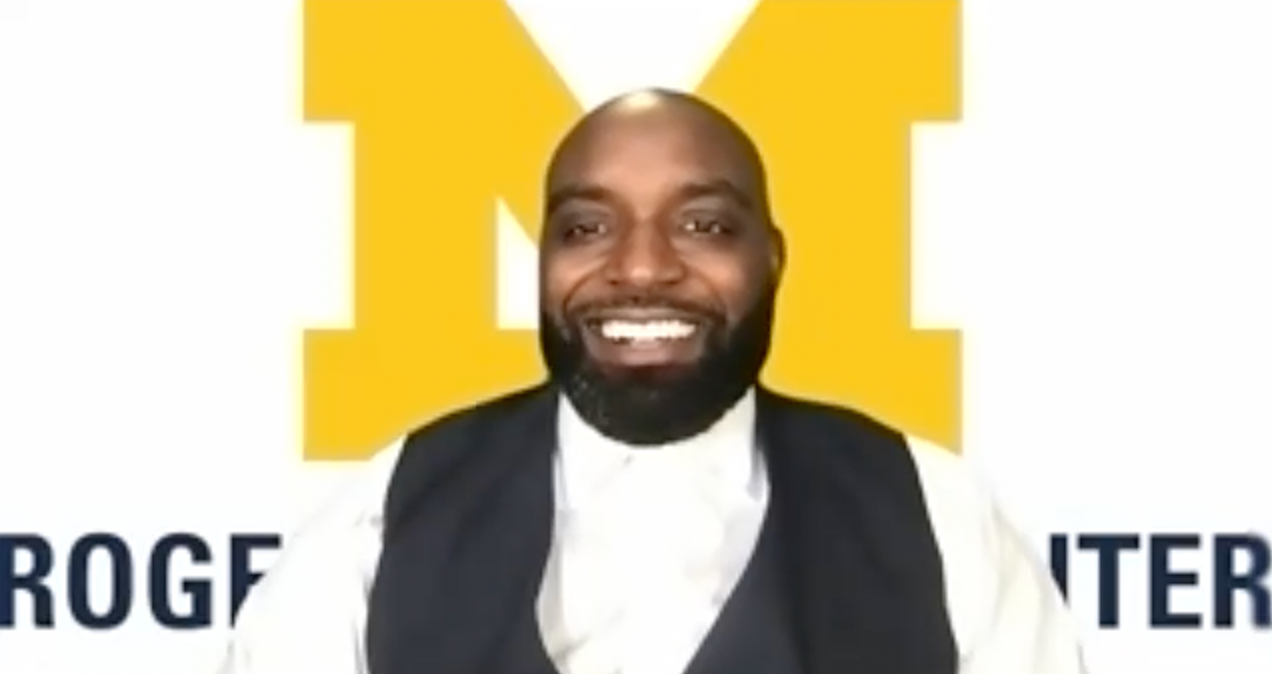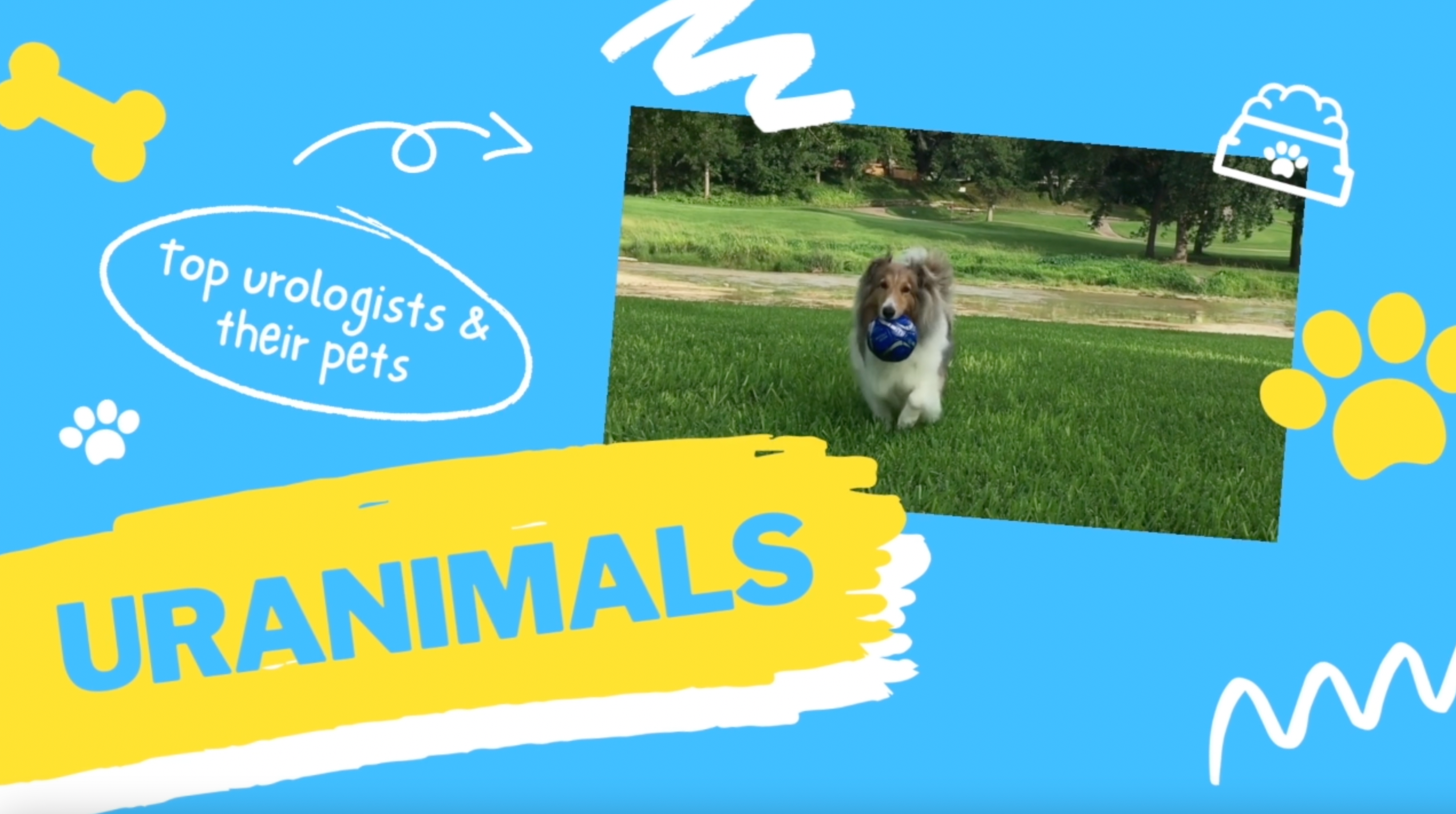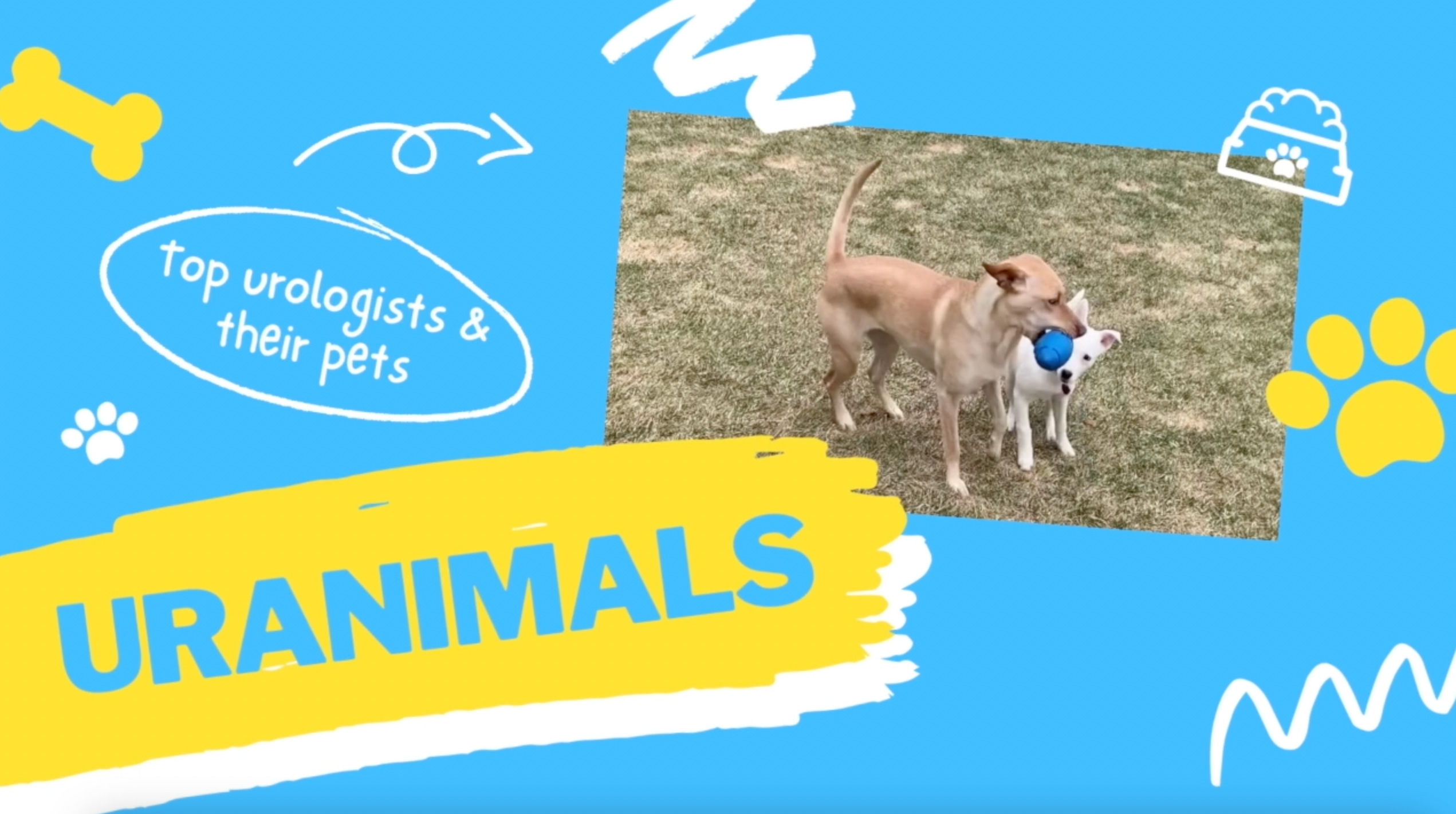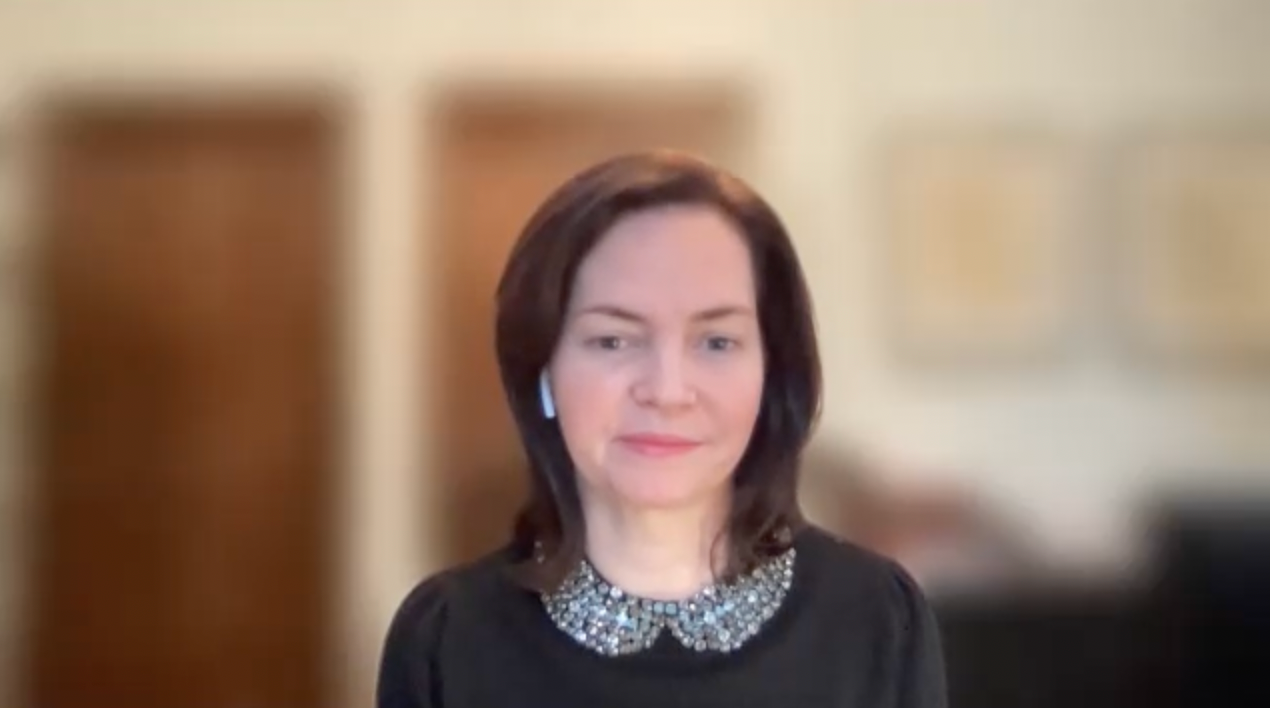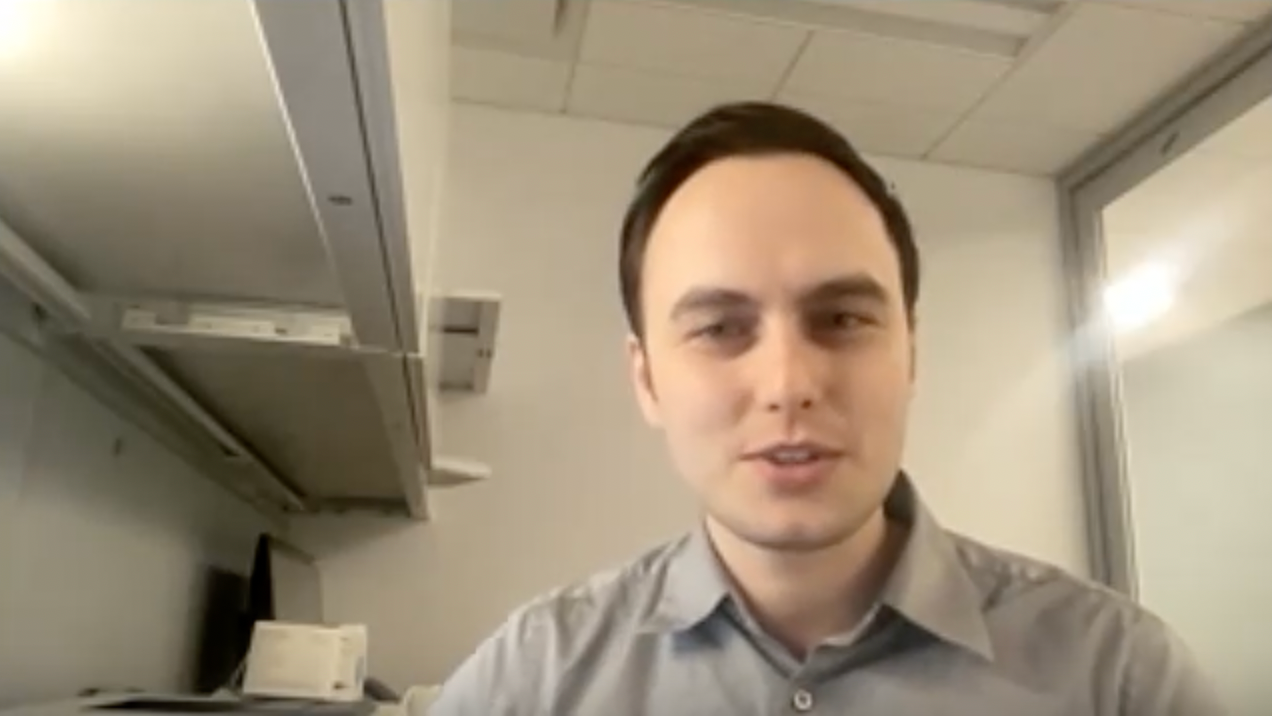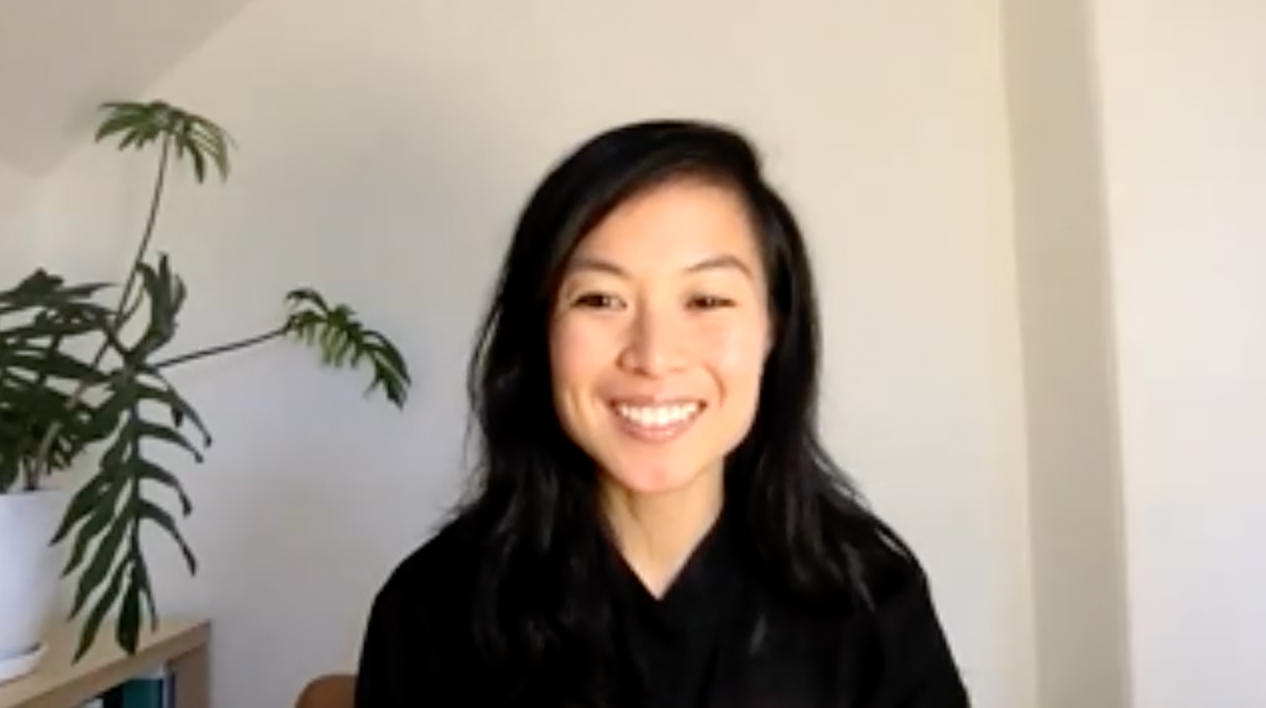Article
Dr. Vince discusses how urologists can make “transformative” DEI change within the AUA
Author(s):
Randy Vince Jr, MD
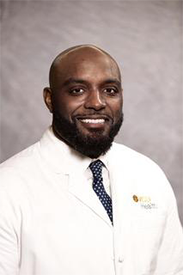
Randy Vince Jr, MD, recently wrote an open letter addressing the American Urological Association (AUA) about a press release detailing the latest diversity, equity, and inclusion (DEI) efforts made by the organization. “A call for change: Why I can’t ‘celebrate’ with the AUA,”1 expresses Vince’s discontent regarding these initiatives and what he would rather see the AUA do to promote “transformative” change vs “performative” change. In the following interview, he gives an overview of the article and advises fellow urologists on becoming a part of the movement to diversify the field. Vince is a urologic oncology fellow at Michigan Medicine in Ann Arbor and has accepted a position as the director of Minority Men’s Health at Case Western/University Hospitals in Cleveland, Ohio.
What prompted you to write the article?
I've seen my specialty's leading organizations, in my opinion, demonstrate a lack of commitment to diversity, equity, and inclusion. So, when I wrote this open letter, there were a couple instances, that I detail that just blatantly [demonstrated] the lack of commitment. But beyond that, [I] always like to put things in a historical context. [When talking about] the institution of medicine from an educational standpoint, as well as a medical care perspective, we've contributed to many of the disparities that exist. Our specialty, especially its governing bodies, are not exempt from that. So, for me, as I think about it, it's not a surprise that we saw data showing that 2% of practicing urologists were Black [and] 4% were Latinx. Additionally, it's not a surprise to me that we have a massive gender gap within the field of urology. Knowing these disparities exist, I think it's time to demand transformative changes, and not these small transactional initiatives that sometimes seem designed to shut people up [and] allow things to die down and go back to how they were before. That's just not enough, because with these small transactional initiatives, like I said in the article, 20 years from now, we'll still be in the same spot that we are now.
As mentioned in the article, what “transformative change” do you want to see in the AUA?
One of the things that I'm very cognizant of is admitting the things that I do know, and the things that I don't know. But, to me, it's pretty simple, and it's with the AUA in any other organization. If you want to see where the priorities lie, then look at the spreadsheets and look at the leadership. If an organization isn't willing to invest money and construct policies that ensure an equitable and inclusive environment that is truly doesn't value DEI. And so, like I said in the piece, it will go a long way for the AUA to be very transparent initially. I think that's first and foremost. Beyond that, I believe there needs to be someone at the board level that is devoted towards DEI. Additionally, I think there needs to be line items in the annual budget of the AUA to show financial commitment in eliminating many of the disparities that we know exist. And then, no initiative should be started without having clear, defined metrics, or how you can gauge successes and failures. And so, I think if we're going to have these initiatives, we need to have clearly defined metrics, and they need to be presented to the field of urology annually at the meeting. We need to have goals that we're setting to hit because short of that, you can just throw anything out there and [say], "Oh, we tried this, but we don't know how it worked." I'm very aware that a lot of the disparities that we talked about and that exist, did not just happen overnight. So, they won't be erased overnight, either, but with these small, incremental, transactional changes like I just talked about, we won't have substantial progress. I think we need really bold and decisive acts to make the type of progress that's needed.
Please discuss why you were disappointed by the recent press release issued by the AUA on their latest DEI efforts.
I think I need to be clear about something. Although I might be the one who actually wrote and published this article, I'm not alone when it comes to discontent with this press release. And so, there are many people within our field and outside of our field who share the same disappointment. But, as you see with this open letter, many of the things that were publicized in this press release were performative in nature. I give examples, such as making DEI an abstract topic at the annual meeting. Also, one of them was giving out and award to celebrate specific urologists who do DEI work. To me, that doesn't really help advance things. There's a litany of data already around disparities, not only within our work force, but within health outcomes. And so, we don't need more abstracts or poster presentations, right? Any person who does DEI work will tell you, [I'm sure, that] you can take away all accolades and acknowledgments if things in society were truly equitable and inclusive. And so, again, having these small, performative gestures does not actually make progress. Given the track record of our organization, [regarding] the items listed in the press release, it was really hard for me to celebrate it as anything other than window dressing.
How can urologists make a real change in this field?
First and foremost, when writing this open letter, I think there were a couple things that I wanted to really relay. One is that the people who served on the task force for the AUA. That work is very admirable, because most people, like myself, who also do this type of work do it in our nights and weekends. We're not paid for it; we have a total separate job. This is something that we're very passionate about changing, so we do it willingly. So, that's one of the things that I wanted to get across is that I admire [the DEI task force] for that work. I know that many of them have the same frustrations that I have, even if they don't express it publicly. That was 1 goal.
The other goal was to really ask my colleagues for help. I think we can approach this from 2 different perspectives. One is at a personal, individual perspective, and another is at an institutional level. Individual urologists can, if they don't know already, start to educate themselves about the disparities that we're trying to tackle and how we're trying to make a more equitable and inclusive field and environment beyond our field, really. The data are there, but I think because our field is overwhelmingly white and male, many of the issues that we're fighting aren’t very proximal to a lot of urologists. Within human nature, it almost seems natural for people not to think about a problem if it's not really proximal to them. And so, I think by starting to educate ourselves at an individual level, that's a very good start. Institutionally, with this collective knowledge as individuals, we make up the institutions, right? So, if urologists across the country demand for transformative change at the AUA level, like some of the items we mentioned previously, then I have no doubt that there'll be substantial movement from the AUA, because, again, they're beholding to us, not the other way around.
What are some resources that you recommend for urologists who want to take action?
We have to acknowledge that there are already some grassroots movements that are taking shape. Although we might not have the funding, like an organization like the AUA does, there are a lot of people on the ground that are willing to devote their time and their financial resources to making change. I want to just take the opportunity to plug one of my good friends and colleagues, Shenelle Wilson[, MD] who does Urology Unbound. I remember the early days of when we were helping get this off the ground and having these long meetings with people like Shenelle [and] LaMont Barlow[, MD], Uwana Nseyo[, MD] and many others, because we were all passionate about the same issues and we are passionate about the same issues. This movement is to improve diversity within the field of urology. Again, this is already among us. So, for those who would like to take action, consider investing your time to mentor some young students and investing your capital, both social and financial, to Urology Unbound. I think you can consider joining UFE, Urologists for Equity. The other potential opportunities that come to mind are the Ureter program out at the University of California, San Francisco. Here at Michigan, we have Michigan Urology Academy that's done annually. So, I think at the end of the day, there are plenty of young urologists out here doing the work to help develop initiatives to tackle the issues that we know exist. We want and need consistent buy-in and collaboration with those urologists who are mid and late career. I think that's a good start for anyone [who] wants to get involved.
Reference
1. Vince R. A call for change: Why I can’t “celebrate” with the AUA. Medium. March 10, 2022. Accessed March 23, 2022. https://medium.com/@randy.vincejr/a-call-for-change-why-i-cant-celebrate-with-the-aua-8dbf7f6cd918
Newsletter
Stay current with the latest urology news and practice-changing insights — sign up now for the essential updates every urologist needs.


